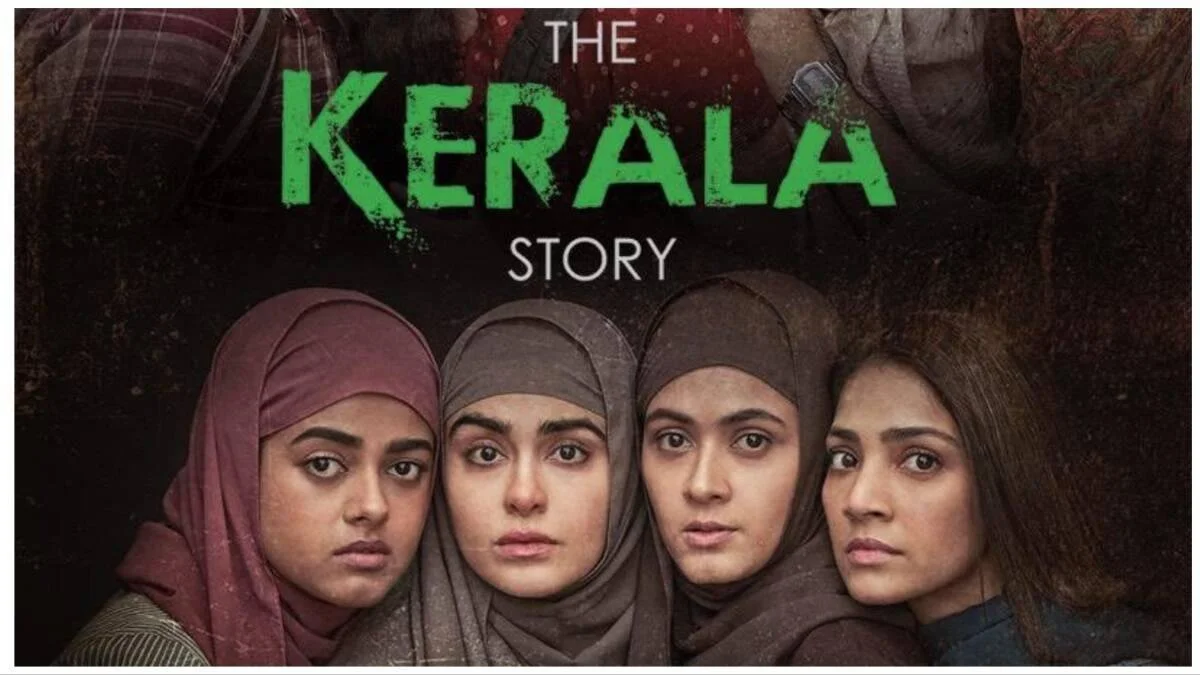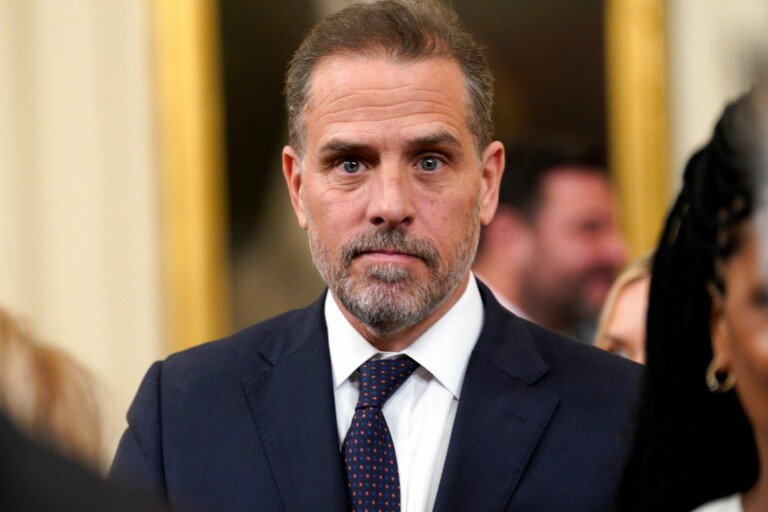The Kerala Story was declared tax-free by the Madhya Pradesh government on Saturday. A movie is declared tax-free to promote a political agenda or propagate an ideology, say experts. The controversy isn’t new, and we take a look at Qurbani of the 80s too. But do filmmakers and audiences gain when a film is declared tax-free? Here’s a deep dive into the politics and economics of the issue.
What is common to The Kashmir Files, Padman, The Kerala Story, Mary Kom, Taare Zameen Par and Qurbani?
You would be wondering. On the one hand, The Kashmir Files deals with the genocide of the Kashmiri Pandits community in 1990, Taare Zameen Par is about inclusive education. On the other hand, Qurbani of the 1980s is an action thriller.
The answer is that all the above-mentioned movies were declared tax-free by some state or another.
Movies aren’t just movies. They tickle us, they titillate, some make us angry and some make us cry. But above all, movies also convey messages, subtly.
Just take the example of Shah Rukh Khan-starrer Chak De India. The film is not just about a bunch of women underdogs winning a hockey championship. The sports drama sends out a strong message on women empowerment and national integration, and goes on to redefine patriotism.
Movies are a powerful tool. They can be weaponised too. And tax-free status to movies is seen as a government’s endorsement of its theme. And a movie being declared tax-free does send out a political message.
But before we dive into politics, we will take a look at economics.
When is a movie declared tax-free? What benefits do the filmmakers and audience get when a movie is declared tax-free in the state? Let us try to understand it first.
WHEN IS A MOVIE DECLARED TAX-FREE?
There is no fixed criteria for a film to be given tax exemption. State governments decide whether or not to give up their claim to tax income on a film-to-film basis, based on their evaluation of the relevance of the topics addressed in the film.
“It totally depends on what the government feels. It could be theme, awareness factor… depending from film to film,” says trade analyst Taran Adarsh when asked on what qualifies a film to be declared tax-free.
When a film deals with a socially significant and inspiring topic, state governments may occasionally exempt it from taxation in order to make it more accessible to a wider audience.
For instance, Toilet: Ek Prem Katha (2017), starring Akshay Kumar and Bhumi Pednekar, which addressed the issue of privacy for women to attend to the call of nature, was declared tax-free by Uttar Pradesh. The film’s unique theme was also in-line with the central government’s Swachh Bharat Abhiyan.
Another Akshay Kumar-starrer, Padman, was declared tax-free by the Rajasthan government. It is a biographical drama of Arunachalam Muruganantham, a social activist who invented low-cost sanitary pads. It addressed the issue of menstrual hygiene, in-line with the government’s campaign.
Filmmakers regard a tax-free status as a government endorsement and a boost to the film’s image and publicity, even if it has no impact on the film’s financial success.
Explaining why declaring a movie tax-free is beneficial for the audience, Adarsh adds, “When ticket rates are reduced, it is beneficial for the audience. A lower ticket price is an incentive to draw people to movie halls, attracting footfalls. If the film attracts the audience, it is good for respective state governments. But the actors do not get any benefits.”
Before the introduction of the Goods and Services Tax (GST) in 2017, state governments used to levy an entertainment tax, which varied from state to state and was higher in states like Maharashtra and Uttar Pradesh. This entertainment tax was waived if a film was granted tax-free status, resulting in significantly lower ticket prices for moviegoers.
Initially, after the implementation of the GST, a 28% tax rate was imposed on movie tickets. However, subsequently, two different tax slabs were introduced: 12% GST on tickets priced below Rs 100, and 18% GST on tickets priced above Rs 100. The revenue generated from this tax is distributed equally between the federal and state governments.
When a state declares a film ‘tax-free’, now it exempts only half of the entertainment tax, which would be either 9% or 6%, as per the ticket price.
According to cinema hall owners, the declaration of a film as tax-free had a more significant effect before the implementation of the GST, as each state had its own entertainment tax, which could be entirely waived by the state government. However, currently, even for tax-exempted films, moviegoers are still required to pay Central GST.
Source: India Today





